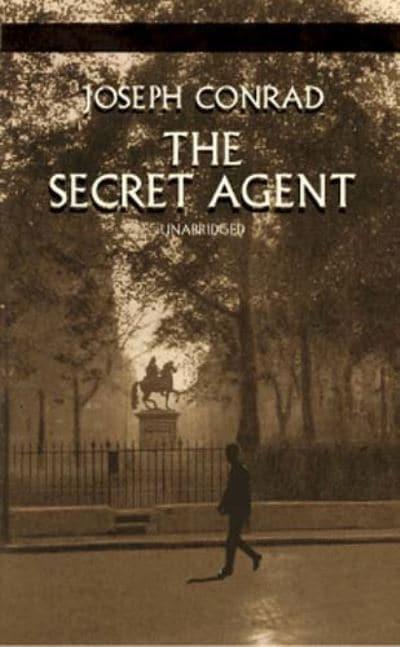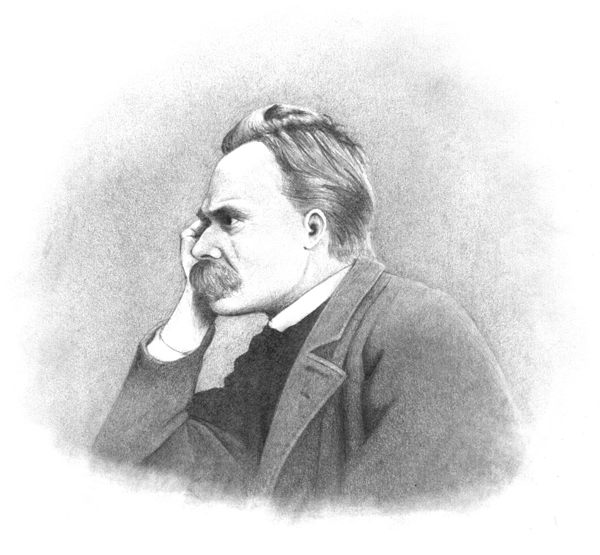
Blindness begins with a man
inexplicably going blind as he sits in his car in the middle of a traffic jam
in a nameless everycity. What follows is swift and horrifying. The white
blindness is highly contagious and, one by one, everyone the man comes into
contact with also goes blind, including an opthalmologist to whom he is taken
for help and his entire waiting room of patients. Realising the imminent danger
of an epidemic, the authorities quarantine the infected and their relatives in
a disused mental asylum, where they are forced to live in rudimentary
conditions. The situation quickly deteriorates. More people are struck blind
and they, too, are forced into the asylum. The numbers increase. There are
insufficient beds. There is insufficient food. Sanitation breaks down. Within a
short period of time the inmates are living in squalor and filth, quite unable
to fend for themselves. Illness is rife, made worse by hunger. Impotent, the
authorities are left terrified. A group of inmates is shot dead while waiting
for food, and the survivors have to bury them to prevent further outbreaks of
disease. Chaos and disorder reigns. Meanwhile, on the outside the contagion is
spiralling out of control. Ultimately, everyone – perhaps in the country,
perhaps even the entire world – is struck blind. Society has collapsed.
All of this unfolds with a
terrifying inevitability. Left on their own, unaided by the authorities, unable
to see and thereby to help themselves, the inmates have no defence. They do not
even think of themselves as people: no-one is named in the novel and, when they
are first gathered together and effect introductions, they call themselves
‘Number One’, ‘Number Two’ and so on. In such circumstances, hope, that most
important of human emotions, withers. When they are confronted by a gang of
blind men who effectively stage a coup in the asylum, installing themselves as de
facto rulers and controlling the supply of food, they are helpless. They
agree to the men’s demands for all valuables to be gathered and given to them
in exchange for food. That suffices for a short period, but we sense already
that it will not be enough. Eventually, inevitably, the call is issued for
female inmates to present themselves to the ruling group, submitting their
bodies in exchange for food for themselves and their menfolk. Shorn of hope,
devoid of options, they accede, and the descriptions of sustained rape and
brutality are harrowing in the extreme. This represents the nadir of the novel,
the moment in which society disintegrates entirely, when barbarity triumphs
over civilisation. What we do not realise at this stage is that outside the
asylum the same thing is happening in the rest of the country.
This is, however, a novel of
hope. Initially, it appears we are being confronted with a Hobbesian ‘condition
of war of every one against every one’ but, gradually, an order of cooperation
and mutuality develops. Among the patients is the wife of the opthalmologist
who, alone, has not been struck blind. She finds the moral courage to commit an
immoral act and, resulting from this, a group – largely comprising the initial
victims from the doctor’s waiting room – makes an escape from the hospital.
What they escape into, of course, is the same condition magnified: a country in
ruins, populated by groups of blind people foraging for whatever food they can
retrieve that has not yet rotted. Unable even to find their own homes, people
live wherever they happen to be, and their entire consciousnesses are consumed
by the need to eat, to survive. They have regressed to an animal state, and
this represents an essential thematic element of the novel.
It is important, however,
when talking of humanity and animalism, not to simplify Saramago’s message into
a straightforward binary of ‘human good, animal inferior’. That is not at all
what he is saying. He is referring, rather, to the consciousness, the ability
to think objectively rather than entirely subjectively, which singles out
humanity as a higher order. And, Saramago is telling us, man is in danger of
losing that. In his Nobel Prize acceptance speech he wrote:
Blind.
The apprentice thought, “We are blind,” and he sat down and wrote Blindness
to remind those who might read it that we pervert reason when we humiliate
life, that human dignity is insulted every day by the powerful of our world,
that the universal lie has replaced the plural truths, that man stopped
respecting himself when he lost the respect due to his fellow creatures.
The spiritual blindness which
has befallen humanity is occasioned by loss of empathy, that ability to
understand and appreciate the feelings of somebody else. In Blindness, however,
despite the doctor’s wife’s immense courage and great morale stature, the
character which best articulates those human emotions of empathy and compassion
is a dog, the ‘dog of tears’ which attaches itself to the group of survivors
and licks away their tears. It becomes a strong symbol of goodness, indeed it
is one of the key characters of the novel. When it sees dead humans rotting in
the street and being eaten by other dogs, it reacts in horror:
The
dog of tears moves closer, but death frightens it, it still takes two steps
forward, suddenly its fur stands on end, a piercing howl escapes from its
throat, the trouble with this dog is that it has grown too close to human
beings, it will suffer as they do.
Thus, animalisation is
essential to the novel: throughout, the descent of the characters is depicted
in animal terms – crawling on all fours or being described as pigs or dogs and
so on. But here Saramago is not talking literally of the difference between
animals and humans, but rather of the ability to show understanding and
compassion and love. To have a grasp of these concepts elevates one above the
mere animal. And it is the ‘dog of tears’ that best embodies this.
After their escape from the
asylum, the group retrace their steps back into their previous lives, returning
to their old homes as though in some way they might return to their
pre-blindness condition. They cannot. Their homes are now mostly inhabited by
other people and they have no connection with them any longer. Finally, they
return to the flat of the doctor and his wife, which has been left untouched.
The doctor’s wife finds food and the group settle into a vestigial
approximation of comfortable normality. In small measures, a degree of humanity
returns to them. Torrential rain, for example, gives them water to clean the
dirt and encrusted excrement from their bodies, an act which is presented as
being almost spiritual, a purification of mind through the cleansing of body.
It proves to be a turning point: the novel ends in hope, heart-wrenching hope.
Some semblance of humanity is rediscovered.
Saramago’s style is
challenging. He creates long, elaborate run-on sentences which meander from
subject to subject and meaning to meaning, and dialogue is completely
undifferentiated from narrative, to the extent that the words of different
characters are not given separate lines but flow continuously on the page,
separated only by commas. It takes time to get used to this but after a few
pages it begins to feel natural and gives a hallucinatory, nightmarish quality
to the writing. The resultant sense of confusion and disorder beautifully
mirrors the emotions of the characters themselves, terrorised as they are in
their white tombs.
Blindness is clearly an allegorical novel, a cautionary tale
presenting a via negativa in which the reader is presented with a vision
of the future that we – all of us – are in danger of creating. But what is
Saramago’s specific target? Given that the novel is scrupulously neutral in
terms of place, it is probably not political. Rather, it is operating at a
higher level than mere politics: it is not the administration of human society
that concerns Saramago, but its soul. Civilisation, the nature of humanity
itself, is his subject matter. We are in danger, he is cautioning us, of losing
sight – and here the metaphorical is made horrifyingly literal – of what it is
that makes us unique, of what it is that civilises us. We are increasingly
living isolated lives, trapped in our own solipsistic worlds, oblivious of the
warp and weave of humanity around us, becoming resistant to love. This is what
society is coming to: numbed, lost, insensate, blind. The main protagonists of
the novel mostly represent a flawed humanity before blindness strikes them: the
girl with dark glasses turns to prostitution and has cold sexual relations for
money; the good samaritan who comes to the aid of the first man to go blind
steals his car; the first man is in an unhappy marriage, unable to communicate
effectively with his wife; and so on. Only by reflecting on truth, on
compassion, on love, can humanity be restored. And, gradually, this is what
happens in the novel. Trapped in blindness, the characters come to see. Written
like that, this sounds trite and shallow, but such is the depth of Saramago’s
vision and the warmth of his compassion, the reader is swept into the narrative
and drawn inexorably towards his message. Only at the end, in a scene inside a
church, is Saramago’s theme delivered in a heavy-handed fashion. This is a
great pity, a clumsy, clunky intrusion of author into the narrative in order to
force home a message when that message has already eloquently been explained.
It is most clearly enunciated, near the end, by the doctor’s wife, when she
says: ‘I don't think we did go blind, I think we are blind, Blind but seeing,
Blind people who can see, but do not see.’ Again, taken out of its context,
this could sound dangerously close to new age waffle but, coming from the mouth
of this strong, humane character, it conveys perfectly the call for compassion
and community that the novel so powerfully portrays. Blindness is a
rallying cry for humanity, a beautiful and terrifying work.

